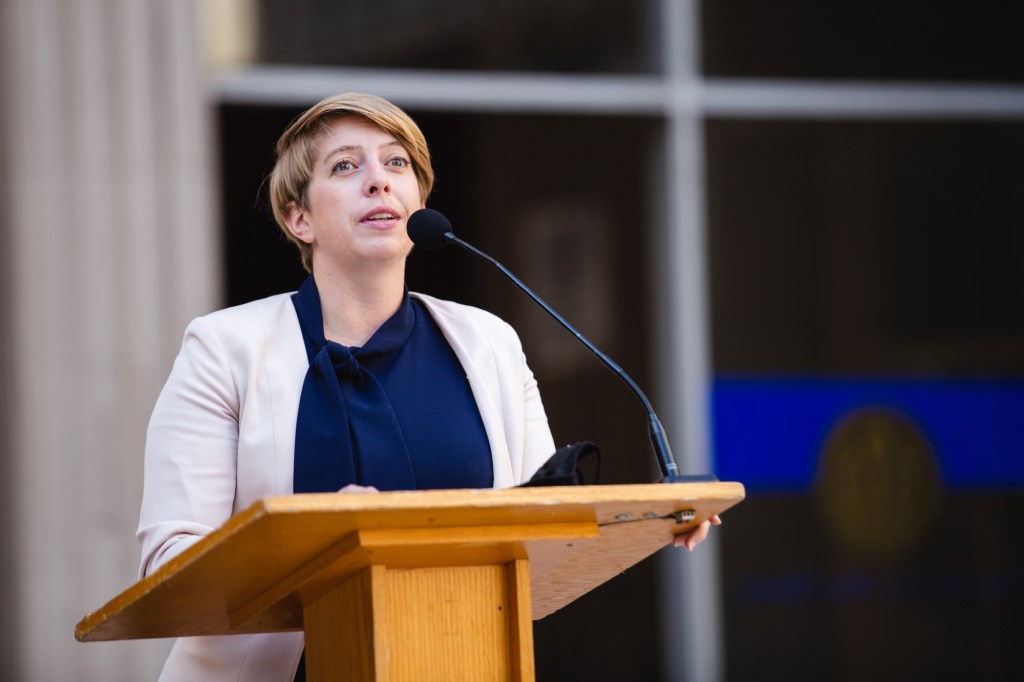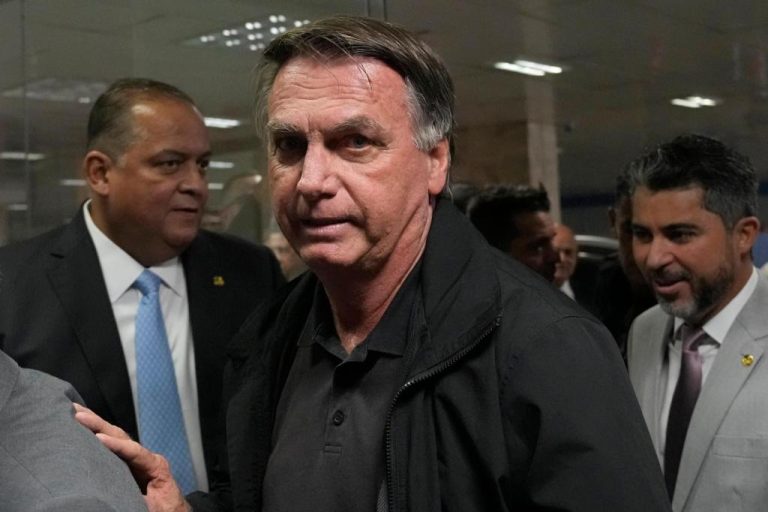

When Paul Parker left his role as the executive director of the Commission on Police Practices at the end of last year, after six months on the job, he sent a memo to the commission detailing how the board could be improved.
His suggestions included shrinking the panel from 25 members to 13, changing who could fire the executive director and for what reasons — currently, the ability currently lies with the commission itself — and clarifying the role of the executive director.
“It is my professional opinion that the current structure of the CPP … is too large for effective and efficient functioning,” Parker wrote in his memo dated Jan. 3.
Duane Bennet, who also departed his role as general counsel for the commission at the end of last year, expressed similar concerns in his exit memo.
Some of those suggested changes could become reality, now that the city council’s Public Safety Committee voted to have the commission explore possible changes.
“There seem to be some structural issues that are highlighted in both these exit memos that we do need to clarify today,” Councilmember Marni von Wilpert, the panel’s chair, said at a meeting Wednesday night.
Von Wilpert, who introduced the motion, did not propose any specific changes to the commission on Wednesday but said that some changes would need to occur before a search for a new executive director could begin in earnest.
The commission, with a budget of over $420,000 for fiscal year 2025, has experienced a raft of challenges since it was first approved by voters as Measure B in 2020.
It has struggled to seat commissioners and, most recently, it saw the departures of Parker, Bennet and former chair Gloria Tran. Now, it’s still seeking the approval of operating procedures that would give it the authority to independently investigate cases.
But the commission had seemed to be gaining momentum in the second half of 2024 as it made its first major set of recommendations to the San Diego Police Department regarding its pursuit policies.
Von Wilpert noted that the search for an executive director “costs us a lot of time and money.”
“I’m not going to trigger that and use the taxpayer dollars to do this until we figure out why people are resigning and why we’re not succeeding,” Von Wilpert said.
“It’s OK if we have to make changes,” she added. “It’s OK if things had roadblocks. What is not okay is not doing anything about it.”
Ada Rodriguez, the vice chair of the commission, noted on Wednesday that some major roles at the commission — including a lead investigator and policy manager — had only recently been filled before Parker left.
“We haven’t even started to get the ball rolling on how the CPP is intended to run,” Rodriguez said.
But Rodriguez also said the commission was reviewing the size of similar boards in similarly sized cities to “potentially entertain changing the size” of the panel.
During the public comment portion of the committee meeting, multiple speakers — including current commissioners — pushed back on the idea that changes are needed.
“We’ve not been given a complete staff at any time,” said Alec Beyer, a commissioner. “We need that to have an effective and a fair opportunity to do the work. In the meantime, we’ve been doing the work.”
Councilmember Stephen Whitburn seemed to agree noting that he believed the commission was making progress in its current iteration.
“My instincts would be to let that progress continue, see if it gets to where it needs to get to, and if it doesn’t, we could always come back and address things,” he said.
Whitburn cast the lone vote against the motion to have the commission discuss changes.
The commission is set to discuss the issues at its March 5 meeting, and possible changes will be presented to the public safety committee at its next meeting on April 23.






